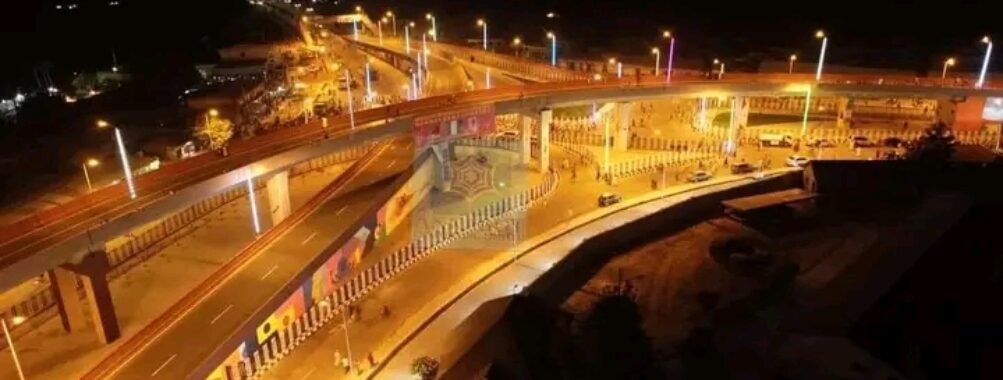
Maiduguri
Table of Contents Maiduguri, the capital of Borno State in northeastern Nigeria, is a city that carries both history and resilience in its bones. Sitting by the Ngadda River, which quietly fades into the Firki swamps near Lake Chad, this city has a rhythm that’s uniquely its own. It’s not the kind of place that tries too hard to impress you—it just is, and that’s part of its charm. I remember the first time I arrived there, the air felt dry but alive, filled with the faint smell of spice and dust. The call to prayer echoed over the rooftops, and suddenly, I realized I was in a city that’s both ancient and modern in its own way. For travelers who crave authenticity, Maiduguri isn’t a polished postcard—it’s real life unfolding in front of you. It’s the kind of place where you can sit in a local tea shop, sip strong black tea sweetened with condensed milk, and chat with locals who are always curious about where you’re from. The people here have an incredible warmth, even after everything the region has faced. And that, honestly, is what makes Maiduguri stand out—it’s a city that refuses to lose its spirit. The local markets are a sensory overload in the best way possible. You’ll find stalls overflowing with grains, colorful fabrics, and handcrafted leather goods. The sound of bargaining fills the air, and it’s easy to get swept up in the energy. There’s also a quiet side to the city—sunsets over the dusty horizon, where the sky melts into shades of gold and crimson, are something I’ll never forget. It’s not your typical tourist destination, but that’s exactly why it’s worth exploring. Maiduguri offers a glimpse into a part of Nigeria that most travelers never see, and that’s what makes it special. If you’re thinking about timing your trip, the best months to visit Maiduguri are between November and February. That’s when the weather is cooler and drier, making it easier to explore the city without the harsh heat that comes later in the year. During this period, the harmattan winds sweep through, bringing a light haze and cooler nights. It’s also a great time to experience local festivals and community gatherings. I remember visiting during December once—the evenings were cool enough for a light jacket, and the city seemed to slow down just enough to let you breathe it all in. Avoid the rainy season (roughly June to September) if you can. The roads can get muddy and travel outside the city becomes trickier. But if you do happen to be there during that time, the landscape transforms into a surprising shade of green, and the air feels fresher than usual. So really, there’s beauty in every season—it just depends on what kind of traveler you are. Getting to Maiduguri is fairly straightforward, though it requires a bit of planning. The city has an airport—Maiduguri International Airport—which connects to major Nigerian cities like Abuja and Lagos. Flights aren’t always daily, so it’s best to check schedules ahead of time. If you’re already in northern Nigeria, you can also reach Maiduguri by road from cities like Kano or Gombe. The highways have improved over the years, but road travel can be long, so pack snacks, water, and patience. For the more adventurous travelers, the journey itself can be part of the experience. I once took a long bus ride from Yola to Maiduguri, and while it wasn’t the most comfortable trip, it was unforgettable. The changing scenery—from rocky hills to flat savannah—gave me a deeper appreciation for how vast and diverse Nigeria really is. Just make sure to travel during daylight hours and stay updated on local travel advisories before setting out. Visiting Maiduguri requires a bit of preparation, but it’s well worth it. Here are a few tips from my own experience and from chatting with locals: And one more thing—take your time. Maiduguri isn’t a city you rush through. It’s a place that reveals itself slowly, through small interactions and everyday moments. Sit with a local family if you get the chance, share a meal, listen to their stories. You’ll walk away not just with photos, but with memories that stick. I did, and I still think about that trip every now and then—it reminded me why travel, at its best, is about connection more than anything else.Description
Key Features
Best Time to Visit
How to Get There
Tips for Visiting
Location
Places to Stay Near Maiduguri
Find and Book a Tour
Explore More Travel Guides
No reviews found! Be the first to review!